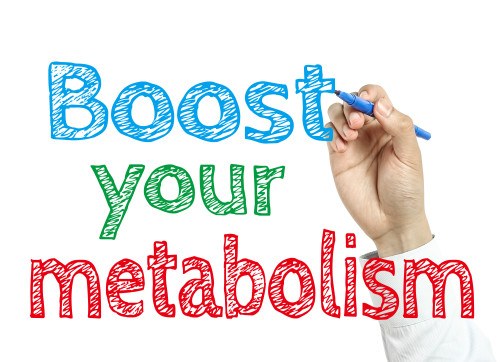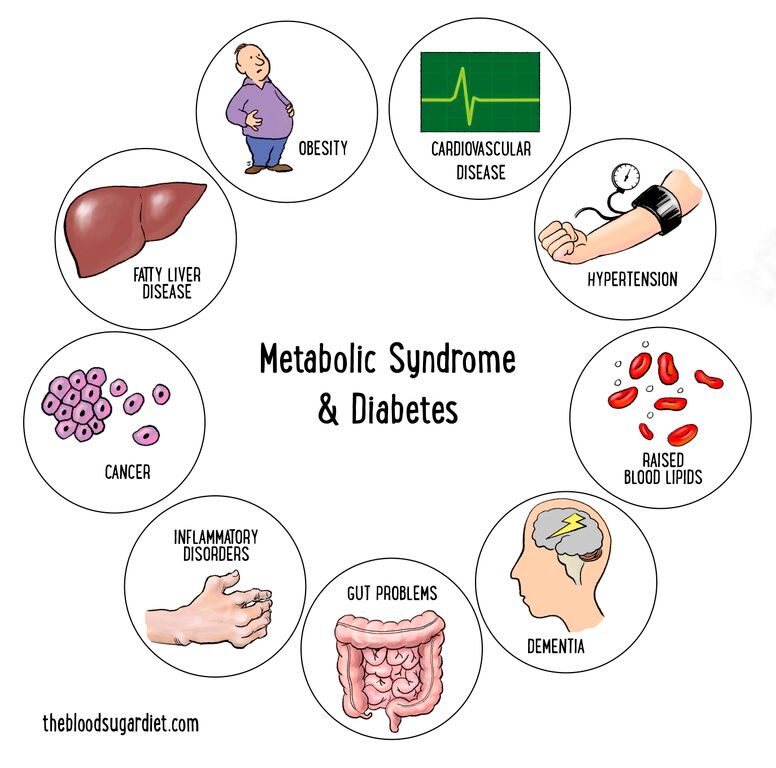There are lots of myths about weight gain, weight loss and dieting, but the most damaging is that it’s all about willpower. “If only I had a stronger willpower”, people say to themselves, “I would eat more healthily and become slim again”. If you believe that then you will also believe that if you are fat then it is all your own fault.
So, you go on a diet and when it fails (which many do) then naturally you blame yourself. You get depressed, gorge on carbs and give up.
The fact is that experts who work in weight loss management are well aware that weight loss is about far more than simply trying to eat fewer calories. Most overweight people have a metabolic problem, one that makes them hungry all the time. The normal feedback mechanisms that tell you that you are full no longer work. Willpower fails because you are up against one of the most basic drives we have, hunger.
This metabolic problem will not only stop you losing weight, it will also lead to serious health problems such as high blood pressure, heart disease and diabetes. Unless you do something about it this is a problem that will get worse over time.
Once you solve the metabolic problem (and the good news is that it can be solved) your appetite will shrink and you will find it not only easier to lose weight but to keep it off.

It starts with developing Insulin resistance
At the heart of weight gain is the hormone, insulin. One of the main reasons why so many people struggle to lose weight is not because they are idle or greedy but because their muscles have become resistant to insulin.
Insulin is a hormone produced by your pancreas. It controls your blood sugar levels, but it does far more than that. It also controls fat storage. When you eat a meal, particularly one that is rich in sugary carbs, your insulin levels go up.
Insulin’s job is to bring down the fat and sugar that you’ve absorbed from your meals and which is now circulating in your blood. Ideally it would push those excess calories into cells like your muscles to be burnt as fuel. But if you are “insulin resistant” then your muscles find it hard to absorb these calories. Instead they get dumped into your fat cells.
The trouble is, your body still craves fuel, so you will soon start feeling hungry again. So you eat, again. But because you are insulin resistant many of the calories you absorb get diverted into your fat cells. You get fatter but still stay hungry.
And then – Metabolic Syndrome and Prediabetes
Once you have become insulin resistant your pancreas will have to start pumping out ever larger amounts of insulin to get your blood sugar levels down. Higher insulin means more fat storage, particularly fat around the tummy (abdominal fat). What happens next depends on your Personal Fat Threshold (the amount of fat you can carry before you start having serious health problems).
As you get fatter, so does your liver and pancreas. As fat invades these organs it starts to interfere with your body’s ability to produce insulin. So your average blood sugar levels start to creep up. You have prediabetes; you are not yet a diabetic, but there is a high chance that unless you do something about it you will become one. Raised levels of blood sugar are bad for your arteries, your heart and your nerves, even when they are not yet in the diabetic range.
The fat that infiltrates your liver may also, in time, lead to non-alcoholic fatty liver disease (NAFLD) and some to liver failure. NAFLD is now the commonest cause of liver disease in the West and over a third of people in the UK or US have it. Around 20% of all liver transplants are now for NAFLD. People tend to develop it in middle-age and there is currently no effective drug treatment.
Rising levels of abdominal fat also produces chronic inflammation throughout the body such as increased heart disease and damage to large and small blood vessels, it is associated with raised CRP and common inflammatory disorders.
Your blood pressure may rise, along with triglycerides (a form of fat that circulates in your blood). The combination of raised blood sugar, abdominal fat, triglycerides and blood pressure is known as metabolic syndrome. It puts you at high risk of heart disease and stroke.
What causes insulin resistance?
Insulin resistance commonly start in your muscles when you are younger. The muscles are where a lot of the energy you consume are burnt up. If you are very active then when you do eat food which causes a spike in blood sugar, it is mopped up and used by the muscles before it causes problems.
When you eat a bit too much and do too little exercise, fat builds up inside your muscles. This is why we strongly encourage people to also increase their activity levels alongside the diet and move more, as this will enhance the improvement in blood sugar levels, reversing diabetes and metabolic syndrome and improve general wellbeing and health.

